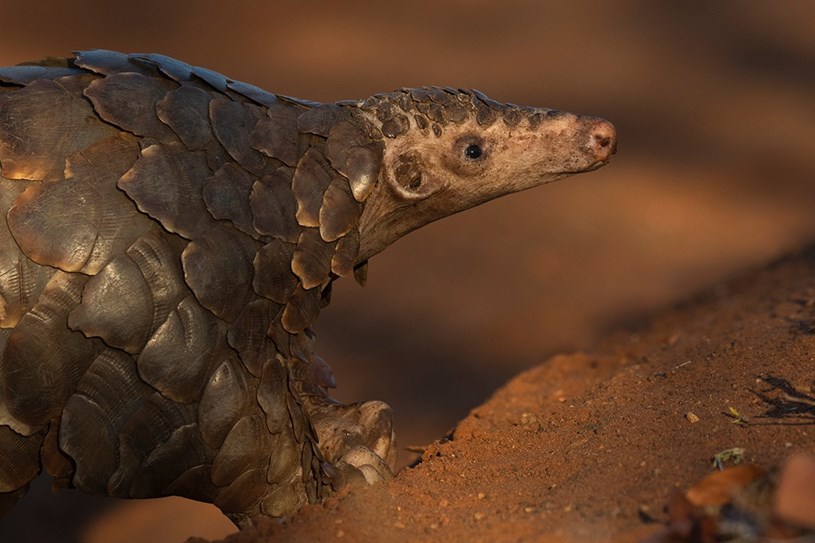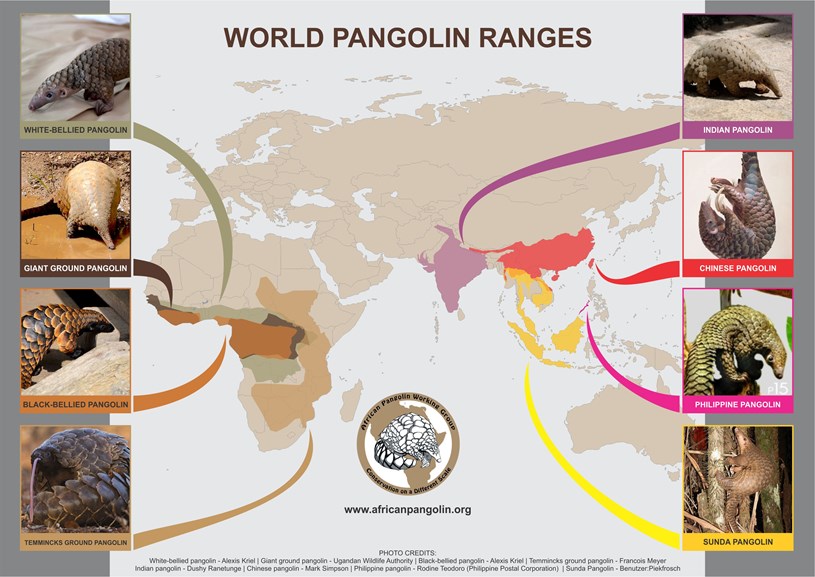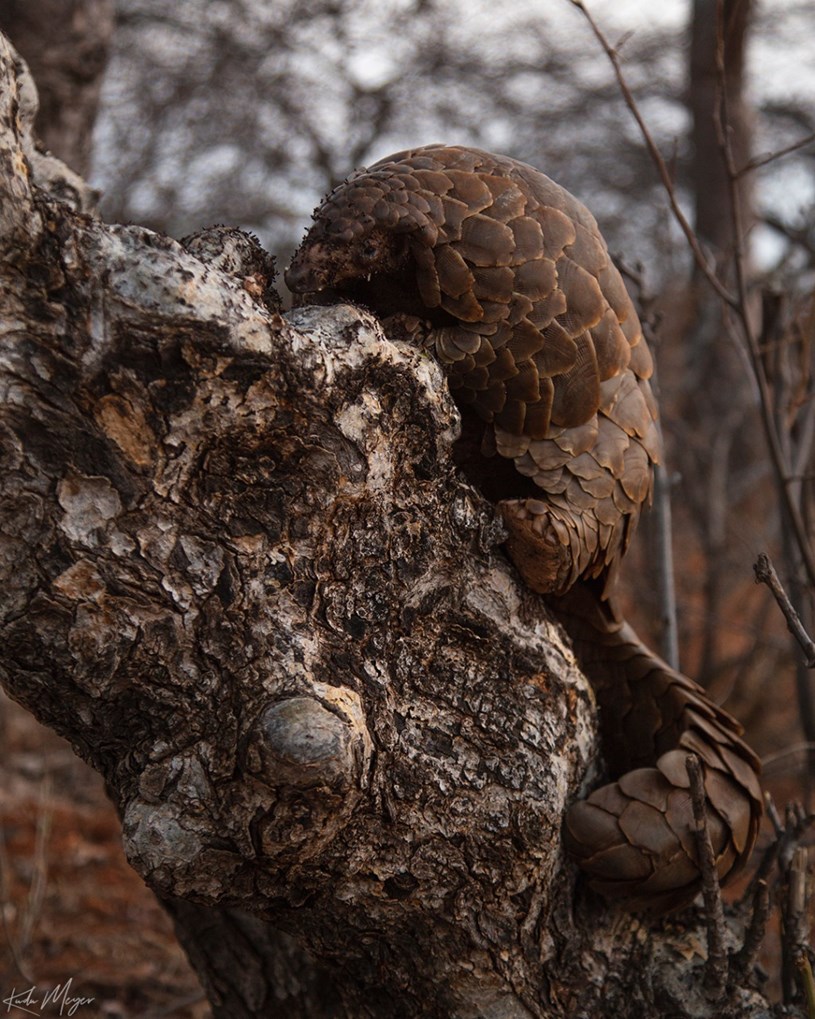Why we called it Pango?
Pango
7/9/2020 | David Jones
The Short Version
Pango is short for Pangolin, we thought the shortened up version sounded pretty cool!
What is a Pangolin?
It's a little-known creature, which is the most highly trafficked mammal on the planet, unbelievably timid and gentle, this little guy needs all the help and support it can get to survive!
 Pangolin in search of ants to eat (Photo taken by Francois Meyer)
Pangolin in search of ants to eat (Photo taken by Francois Meyer)
The Longer Version
We reach this uncertain point in the pangolins future for very similar reasons which have pushed other species like the rhino to the near brink of extinction.
People!
There are two main reasons for the rapid decline in pangolin numbers in resent times. They are mostly consumed as bush-meat in Africa, and are also used in traditional medicine in both Africa and Asia. In Asia they are also used in traditional medicine and are also eaten as a delicacy and used for bragging rights as a show of great wealth and power.
There are eight different species of pangolin worldwide, four live in Africa and four live in Asia.
 Worldwide pangolin ranges (content by APWG)
Worldwide pangolin ranges (content by APWG)
Pangolins are small mammal's, covered in hard protective scales, they have a long, slender snout and an unbelievably long tongue for licking up ants. Ants are their sole food source, and they need to eat a lot of ants each day to get the calories they need. Pangolins walk upright on their back legs and use their front claws for tearing open anthill's.
Unbelievably, pangolins have no natural enemies, except for humans. They are slow moving, plodding along on their short back legs, although they definitely won't outrun anything, their scaly armour plating is impervious to pretty much everything. Their prehensile tail also covered in tough scales. is used for holding and climbing, and when they feel threatened they curl up into a ball and wrap their protective tails around their heads. They effectively become an armour plated soccer ball which even loins and hyenas can't seem to penetrate.
In Africa the majority of pangolins are used as bush meat (approximately 80%) and the rest is used in traditional medicine where it is used to "cure" everything from nose bled's, cancer and ward off bad spirits, but the majority of traditional medicine using pangolin and animal products in general are used to cure some or other spiritual ailment.
Pangolin, the world over, is considered a delicacy and is steeped in mystery, probably owing to a large part of its allure and why people are willing to pay so much for it.
The use of Pangolin meat and products is definitely not a new phenomena, with the use of it dating back many, many hundreds of years in Asia. The popularity and demand for it now though is unprecedented and cannot be sustained. The rapid decline in Asia, is making it extremely difficult to find and is in turn foring poaching syndicates to come to Africa in search of Pangolin to fuel the underground black-market trade in Asia. Syndicates paying local hunters to find pangolins in exchange for a quick buck. The figures reported by some media channels reporting a single pangolin fetching millions of Rands on the black market, is a blatant lie and is used to sell newspapers.
The issue of false news and the fact that it is completely harmless and easy to capture, have fuelled the fire which has seen pangolins numbers plummet in the last few years.
What we do know, is that if nothing is done to curb this rampant decimation of the pangolin, pangolins will be extinct withing 10 years.
You ask, does it matter if this species goes extinct? Probably not, ecosystems are probably not going to crash and the ant species they eat are probably not going to over take and consume other species and ecosystems, but, and this is a very important but!
I believe ever species has the right to live, and if I can help in any small way, I'm going to try my damndest to do so.

Pangolin feasting on ants (Photo taken by Francois Meyer)
I have intentionally left this post short as I don't want to become another resource for this subject and potentially dilute the efforts and focus of people on the front line fighting this battle. I would rather like to draw your attention to the plight of this little creature and if you so chose, redirect you to where you can either contribute or actively help the people who are trying so desperately to save this species from extinction.
If you would like to find out more about pangolis have a look, here.
If you would like to contribute to pangolins in Africa have a look ,here.
The African Pangolin Working Group (APWG) is heading up the fight against pangolin poaching in Africa, they are based in Johannesburg, South Africa, if you would like to find out more about the work they do or how you can possibly help.
Please contact Prof. Ray Jansen, he is the chairman of APWG, and will be able to assist with any questions you may have.
TEL. +27 82 555 1016
EMAIL jansenr@tut.ac.za